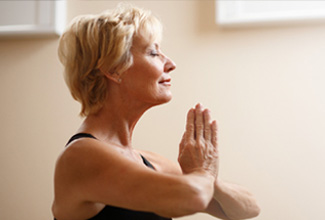

Med Free Living is your highly trusted health and wellness company that sets the standard for both high-quality products and information.
So, let’s spend a few minutes together today to talk about a few steps you can take to improve your emotional wellbeing when living with arthritis.
Your mind and body are closely linked.
“You can’t be grateful and angry simultaneously. You can’t be grateful and worried simultaneously. If you cultivate gratitude, you will experience a happier quality of life.”



Med Free Living is your highly trusted resource for quality products and information.
© 2021 Med Free Living All Rights Reserved, TERMS & POLICY, PRIVACY POLICY, RETURN POLICY
*These statements have not been evaluated by the Food and Drug Administration. These products are not intended to diagnose, treat, cure, or prevent any disease.